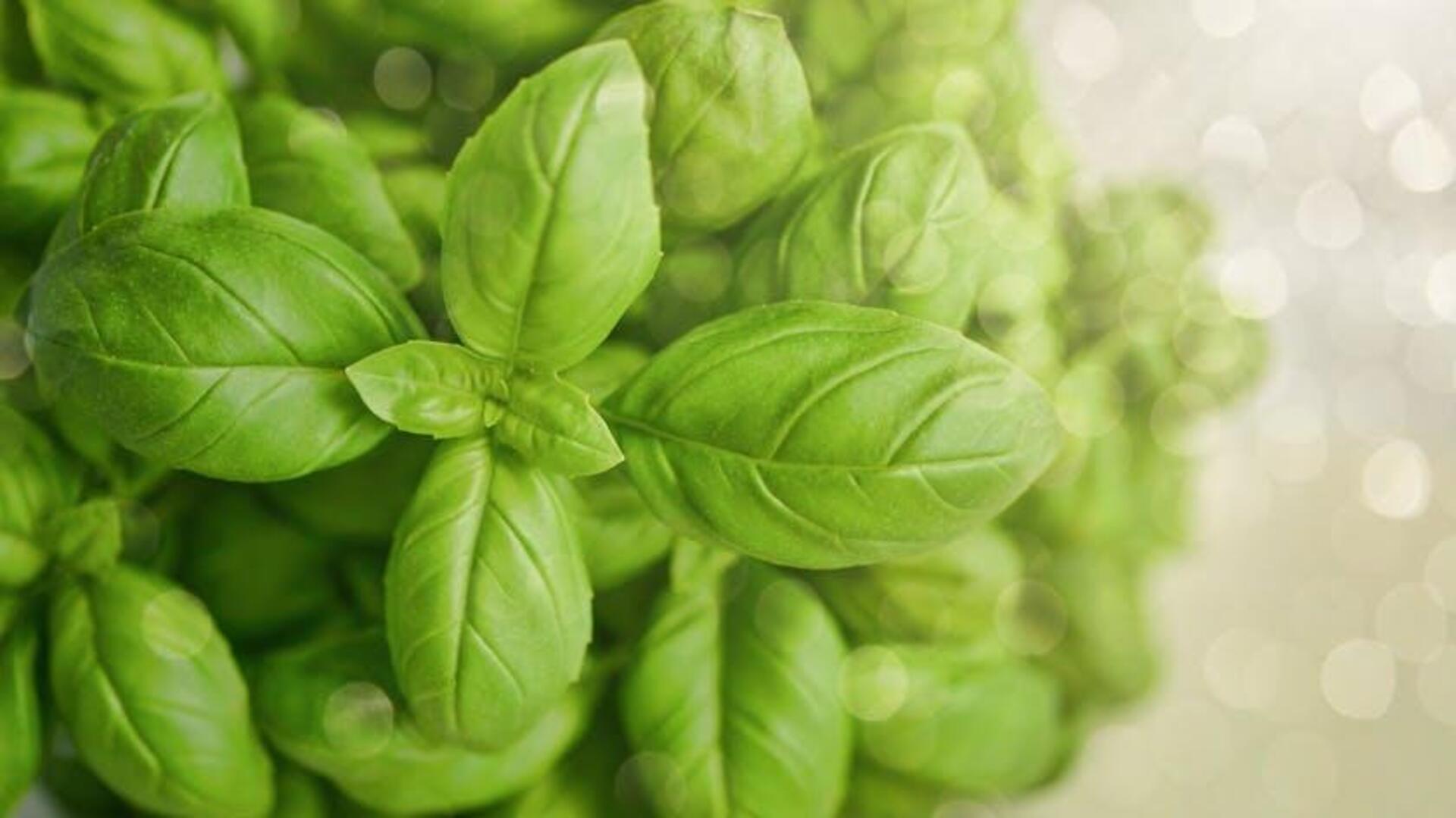
Basil v/s parsley: Comparing their nutrition
What's the story
Basil and parsley are two commonly used herbs to flavor up your dishes. Though both are fragrant and lend a refreshing taste to your food, they also provide unique nutritional benefits. Knowing how they differ in terms of nutrients can help you choose the right herb for your cooking. Here, we explore the nutrition profile of basil and parsley, their vitamin content, minerals, antioxidants, etc.
#1
Vitamin content comparison
Basil is loaded with vitamin K, giving you more than 100% of the daily intake per serving. The vitamin is important for the process of blood clotting and bone health. Parsley also has plenty of vitamin K but provides more vitamins like A and C. Vitamin A promotes vision health, and vitamin C is famed for its immune-boosting benefits. Both herbs provide valuable vitamins to your diet but differ in what they offer.
#2
Mineral presence in herbs
When it comes to minerals, basil has calcium and magnesium, which are essential for bone health and muscle function. Parsley wins with its iron content which helps with oxygen transport in the body. Plus, parsley also offers potassium which helps with fluid balance and nerve signals. Your choice between the two herbs could depend on which minerals you want to focus on in your diet.
#3
Antioxidant properties explored
Both basil and parsley are packed with antioxidants that fight oxidative stress by neutralizing free radicals in the body. Basil, in particular, is known for its eugenol content—a compound with anti-inflammatory properties—while parsley has flavonoids like apigenin that have been researched for their potential cancer-fighting properties. Adding either herb can boost your meal's antioxidant profile.
Tip 1
Culinary uses beyond flavor
Apart from their nutritional value, basil and parsley also play different roles in the kitchen owing to their distinct flavors. Basil's sweet aroma makes it perfect for Italian meals such as pesto or caprese salad. On the other hand, parsley's fresh flavor goes well with Mediterranean cuisines or as a garnish. This increases visual appeal without overpowering other flavors on the plate, making them versatile additions apart from just nutrition.